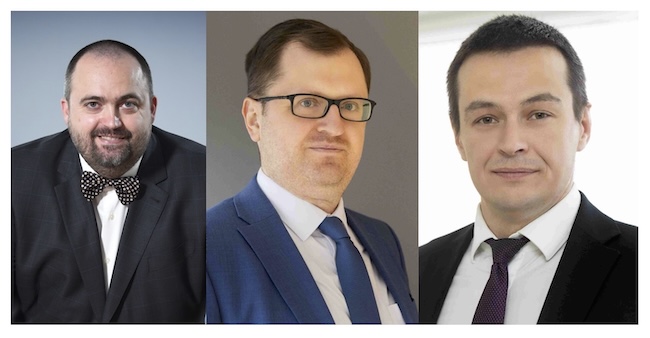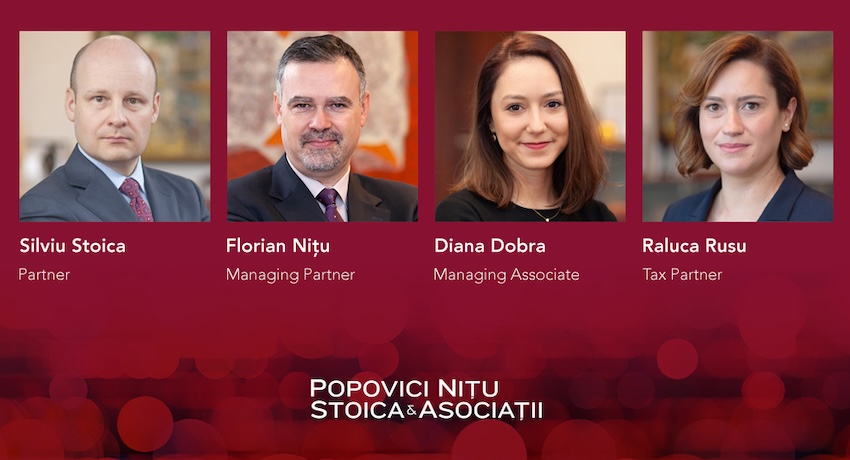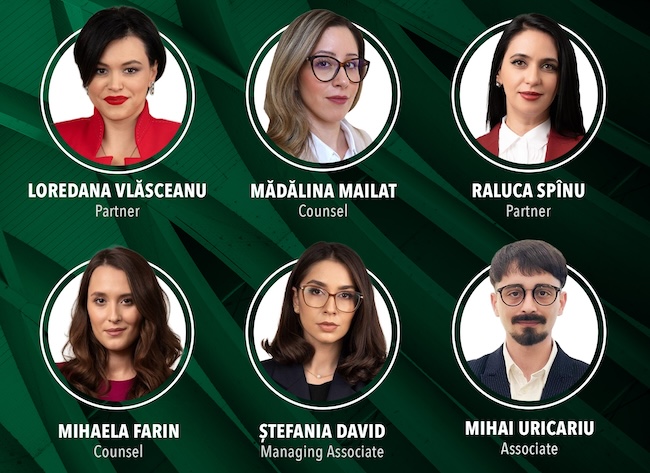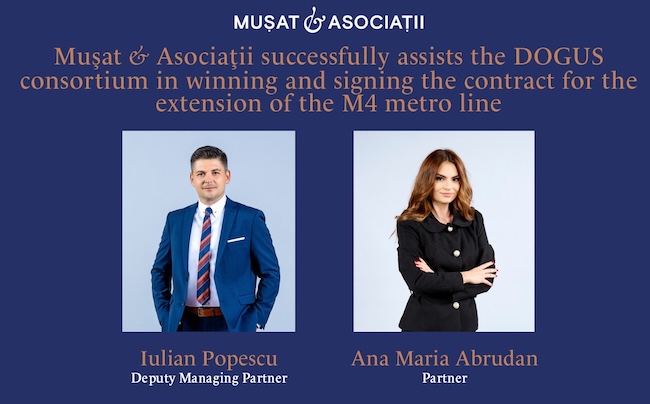The High Court of Cassation has issued a landmark ruling on VAT reimbursement related to the clawback tax
Băncilă, Diaconu și Asociații, together with EY Romania, have secured a mandatory VAT reimbursement of 12 million euros from the National Agency for Fiscal Administration to Roche Romania, representing VAT related to the clawback tax. This final ruling is the first of its kind in Romania and will have implications for the entire pharmaceutical industry.

Although, starting from March 2024, the CJEU’s case law on this matter was transposed into the Fiscal Code, ANAF consistently does not recognize the effect of CJEU rulings from the date the clawback tax was introduced but only from the date of the Fiscal Code amendment. This means that taxpayers wishing to recover VAT related to the clawback tax will need to go to court to have their right recognized.
The High Court of Cassation’s decision follows CJEU rulings in two similar cases for Boehringer Germany and Boehringer Hungary – Case C-717/19, and CJEU Case C-462/16. It is worth noting that EY assisted the two Boehringer group companies before the CJEU.
The High Court considered the principles of CJEU case law and confirmed EY’s arguments that the clawback tax payment under cost-volume contracts constitutes a reimbursement from the revenues obtained from the sale of medicines and, therefore, represents a commercial discount affecting the VAT taxable base. As a result, the VAT related to this tax must be refunded to the taxpayers.
This conclusion is reinforced by the fact that a portion of the amounts reimbursed by the Ministry of Health for subsidized medicines sold to the end consumer is directly returned to the National Health Insurance Fund in the form of the clawback tax. This tax is directly linked to the volume of subsidized medicines sold above the budgeted limit. In other words, during the periods when taxpayers were required to pay the clawback tax, they could only access an amount corresponding to the sale price of subsidized medicines to pharmacies/hospitals/dialysis centers, reduced by the clawback tax, even though the VAT for these deliveries was paid to the state budget in full (based on the sale price, without any reduction for the clawback tax).
Given the high level of clawback tax paid by the entire pharmaceutical industry, the amount of VAT that taxpayers in this industry are entitled to receive as a refund will be substantial. In addition to the principal amount, taxpayers can also claim fiscal interest at a rate of 7.3% per year plus the inflation rate, as the fiscal interest was negative for a significant period of time.
Another important aspect is that the VAT refund was granted for a fiscal period of 7 years, exceeding the 5-year statute of limitations. Therefore, in our opinion, VAT can be claimed beyond the statute of limitations in this case. In this regard, the High Court of Cassation ruled similarly in another case involving a company from the same industry, applying CJEU case law (Case C-533/2016 Volkswagen) and acknowledging an objective impossibility to exercise the right to a refund.
The victory in the Supreme Court was achieved by Băncilă, Diaconu și Asociații, together with EY Romania. The team included Emanuel Băncilă (Partner, Head of Tax Litigation Practice), Costin Manta (EY Partner in the Indirect Tax Department), Andrei Boian (Senior Managing Associate at Băncilă, Diaconu și Asociații), and Eugenia Marin (Of Counsel).





